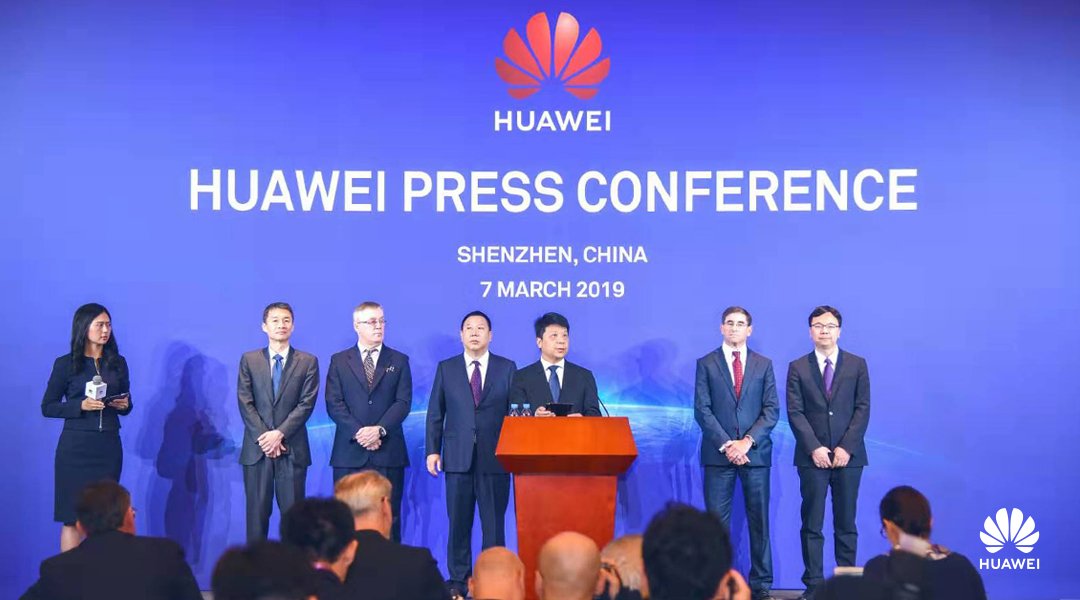News
Huawei suing the US government, and US “hacked our servers and stolen our emails and the source code”

Huawei has accused the US Congress of acting as “judge, jury, and executioner” when it introduced legislation that banned purchases of its equipment, as the telecoms group confirmed it had filed a lawsuit against the prohibition order.
During a press conference in Shenzhen on Thursday morning, the company announced that it is suing the U.S. government in order to attempt to overturn the ban, which was effected in August of last year as part of the National Defense Authorization Act.
“The U.S. Congress has repeatedly failed to produce any evidence to support its restrictions on Huawei products. We are compelled to take this legal action as a proper and last resort,” Guo Ping, Huawei Rotating Chairman said.
“This ban not only is unlawful, but also restricts Huawei from engaging in fair competition, ultimately harming U.S. consumers. We look forward to the court’s verdict, and trust that it will benefit both Huawei and the American people,” he added.
The lawsuit was filed in a U.S. District Court in Plano, Texas. According to the complaint, Section 889 of the 2019 NDAA not only bars all U.S. Government agencies from buying Huawei equipment and services but also bars them from contracting with or awarding grants or loans to third parties who buy Huawei equipment or services, without any executive or judicial process.
“At Huawei we are proud that we are the most open, transparent, and scrutinized company in the world,” said John Suffolk, Huawei’s Global Cyber Security & Privacy Officer. “Huawei’s approach to security by design development and deployment sets a high standards bar that few can match.”
Estimates from industry sources show that allowing Huawei to compete would reduce the cost of wireless infrastructure by between 15% and 40%. This would save North America at least US$20 billion over the next four years.
Guo Ping added, “If this law is set aside, as it should be, Huawei can bring more advanced technologies to the United States and help it build the best 5G networks. Huawei is willing to address the U.S. Government’s security concerns. Lifting the NDAA ban will give the U.S. Government the flexibility it needs to work with Huawei and solve real security issues.”
Even as the US government has branded Huawei as a cybersecurity threat, he said, it “has hacked our servers and stolen our emails and the source code.”
“Chinese law requires them to provide Beijing’s vast security apparatus with access to any data that touches their networks or equipment,” Vice President Mike Pence said last month.
The company pushed back against those allegations on Thursday, reiterating that it would refuse any Chinese government requests to gain access to the technology it sells to telecom operators.
“Huawei has not and will never implant ‘back doors,'” Guo said. “We will never allow others to install any in our equipment.”







